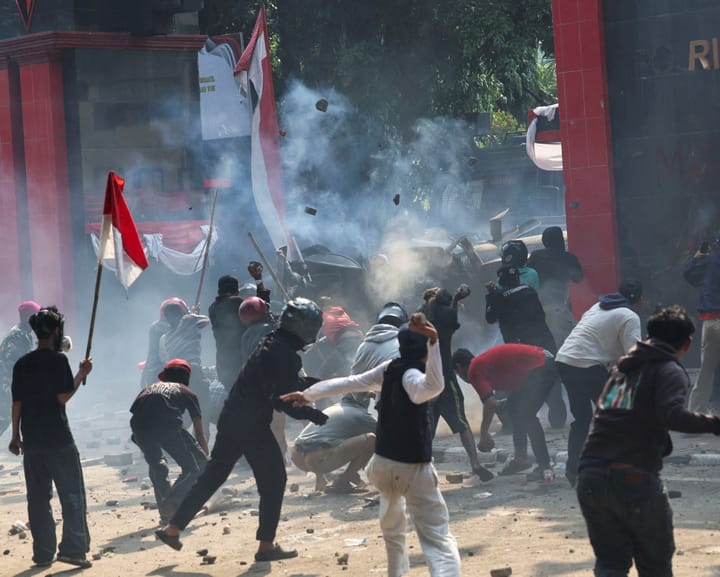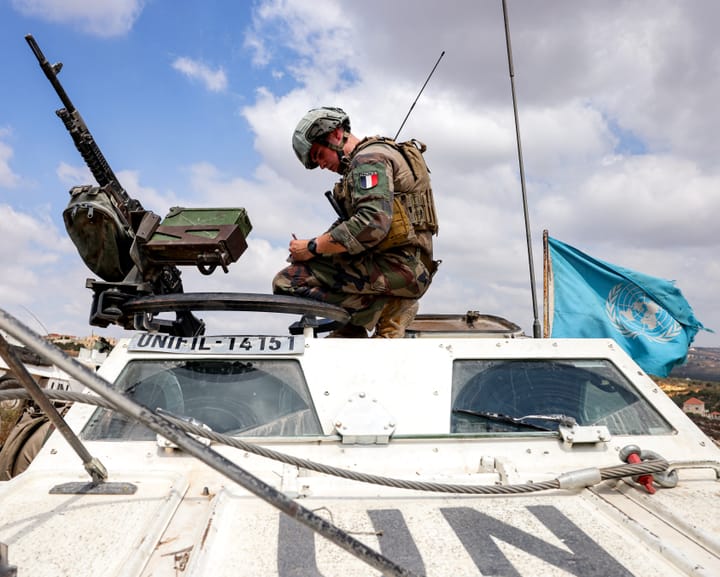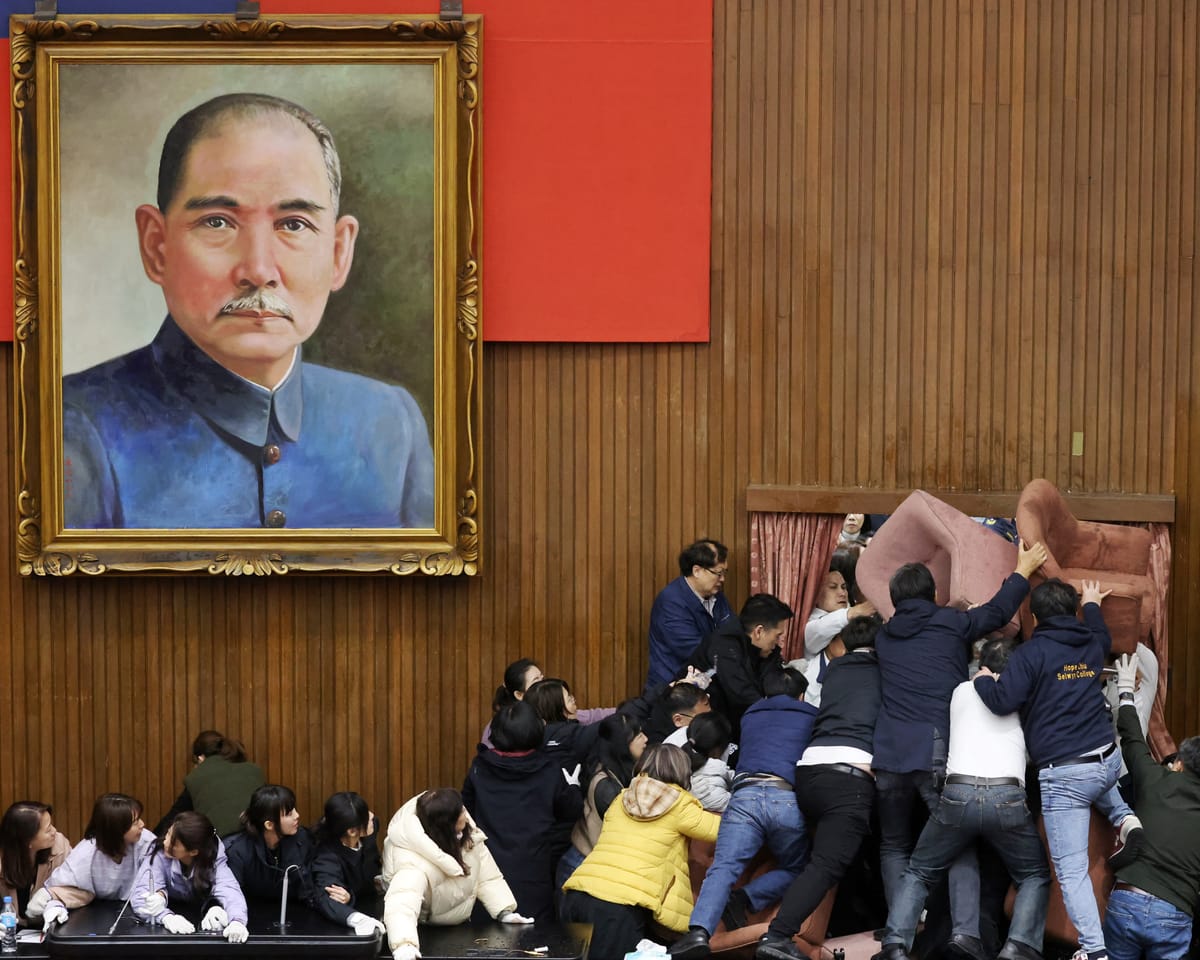On a humid evening in a traditionally conservative district of Taipei, a group of older residents argue loudly near a garbage truck. They were just given a flyer by a university student urging them to support removing their current representative from office.
Across Taiwan, hundreds of campaigners are targeting legislators from the opposition Kuomintang (KMT), accusing them of being overly aligned with China. But in this neighborhood, where support for the KMT runs deep, the campaign is met with resistance.
A woman yells: "Get rid of that flyer! … We don’t want a recall!"
These activists aim to shift the political landscape less than two years after the last national election. They are using an unusual process that permits voters to remove individual lawmakers mid-term—something that has never been attempted on this scale.
The campaign’s momentum has surprised many. Over 30 of Taiwan’s 113 legislators—all from the KMT—face recall attempts, the highest number in the island’s history.
The effort has intensified political tensions, with accusations of authoritarian actions, clashes, and claims of collaboration, deepening existing divides.
The first batch of 24 recall votes is set for this weekend, with seven more in August, costing roughly £40 million in public funds. If just six lawmakers are removed, the KMT will lose its legislative majority to the ruling Democratic Progressive Party (DPP).
Both sides insist they are defending Taiwan’s democracy.
A Struggle for Survival
In the 2024 elections, Lai Ching-te and the DPP secured the presidency but not control of the legislature, where the KMT and the smaller Taiwan People’s Party hold sway. Over the past year, opposition lawmakers have frequently blocked bills and delayed court nominations, leading to physical altercations in the assembly and large-scale protests—which spurred the recall movement.
The groups advocating for the recalls, backed by the ruling DPP, initially opposed legislative gridlock but now frame the effort as a response to China’s growing threat. Beijing’s Communist Party insists Taiwan must be reunified, and campaigners argue that the targeted KMT legislators are too friendly with China, citing their meetings with Beijing officials and their support for policies they claim weaken Taiwan’s security.
"Many of these legislators have publicly endorsed pro-Beijing policies or at least strongly anti-DPP measures," says Lev Nachman, a political science professor at National Taiwan University.
"Opposing the DPP isn’t the same as supporting Beijing, but to the recall supporters, they’ve become one and the same."
The KMT denies the allegations, maintaining that while it opposes forcible unification, it favors closer ties with China to ensure stability.
Read next

"UN rights officials call for leadership to label Israel's Gaza offensive as genocide"
Hundreds of UN Human Rights Staff Urge Leadership to Label Gaza Offensive as Genocide
A significant number of employees from the United Nations’ primary human rights body have endorsed an internal letter urging their leaders to recognize Israel’s military campaign in Gaza as genocide and to push member states

"Demonstrations break out in Indonesia after police car fatally strikes man"
Hundreds of Indonesians have gathered at locations across Jakarta to demonstrate following the death of a man struck by a law enforcement vehicle, marking the first major challenge for Prabowo Subianto’s administration, which took office nearly a year ago.
The victim, a motorcycle ride-hailing driver, was hit during clashes

"UN to halt Lebanon peacekeeping mission next year amid US, Israeli pressure"
The UN Security Council has extended the peacekeeping mission in Lebanon for another 16 months, though it will conclude by the end of 2026 following pressure from Israel and the US.
Council members unanimously approved the decision on Thursday to renew the mandate of the UN Interim Force in Lebanon

